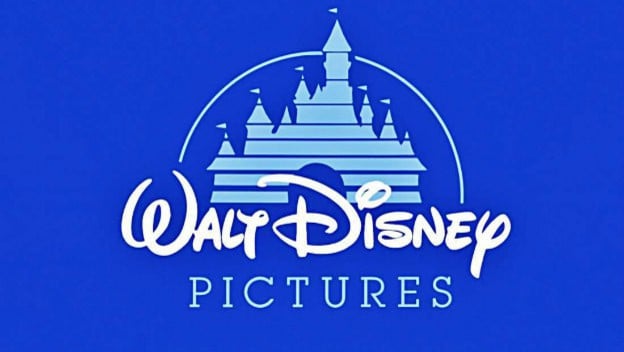A California federal court recently ruled against Disney in a case against Redbox, in which Disney was attempting to halt Redbox’s sales of digital download codes included in Disney DVDs and Blu Rays. The ruling, while still subject to appeal, could have an enormous effect on how copyright law is enforced, potentially forcing companies, including video game publishers, sell their physical and digital content.
What Redbox was doing, was splitting the digital codes included in Disney home video releases, and selling them on the side for much less than the retail cost of picking up the bundle. It was doing this in addition to renting the physical discs of course. Redbox gets its Disney content from retailers instead of via Disney’s distribution channels, which would explain how they got ahold of the digital download codes.
The federal judge struck down the case, saying that this was a matter of copyright misuse. Essentially, Disney’s “codes are not for sale or transfer” language on its products is not a legally-binding contract, so Disney cannot actually enforce the resale of unused digital codes, much like the first sale doctrine in copyright law doesn’t allow companies to prevent secondhand sales of physical media.
As we all know, bundling codes with physical media is a common practice in spaces outside of movies, especially videogames. New games come bundled with DLC codes all the time, and hardware like graphics cards also often come with full game download codes. Many gamers do in fact sell those codes secondhand, but this court ruling suggests companies like Redbox could also due the same as an additional source of revenue. If this ruling sticks through appeal, publishers may react in ways that significantly alter that business model.
Source: Ars Technica
